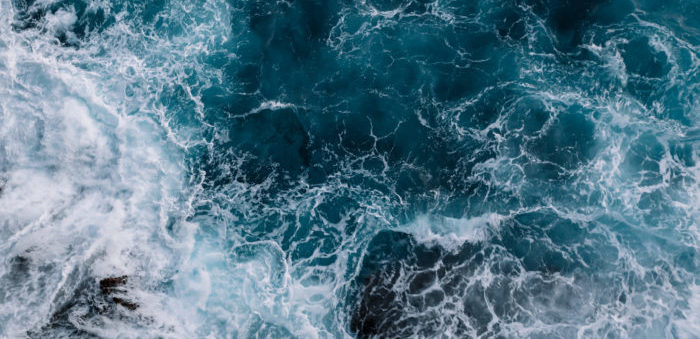Biodiversity in the deep ocean is significantly exposed to the adverse effects of climate change, even more than in the surface, according to a recent study published in Nature Climate Change journal.
[smlsubform prepend=”GET THE SAFETY4SEA IN YOUR INBOX!” showname=false emailtxt=”” emailholder=”Enter your email address” showsubmit=true submittxt=”Submit” jsthanks=false thankyou=”Thank you for subscribing to our mailing list”]
Slower warming in the deep ocean encourages a perception that its biodiversity is less exposed to climate change than that of surface waters.
However, the new study found that contemporary (1955–2005) climate velocities are faster in the deep ocean than at the surface.
Moreover, projected climate velocities in the future (2050–2100) are faster for all depth layers, except at the surface, under the most aggressive GHG mitigation pathway considered.
This suggests that while mitigation could limit climate change threats for surface biodiversity, deep-ocean biodiversity faces an unavoidable escalation in climate velocities, most prominently in the mesopelagic (200–1,000 m).
To optimize opportunities for climate adaptation among deep-ocean communities, future open-ocean protected areas must be designed to retain species moving at different speeds at different depths under climate change while managing non-climate threats, such as fishing and mining.
Taken together, these results describe a rapid acceleration of climate change exposure throughout the water column by the second half of the twenty-first century.
Because deep-sea species are physiologically adapted to relatively stable temperatures characteristic of waters below the surface layer, they are considered vulnerable to even small temperature increases in the absence of nearby thermal refugia.
Implications for deep-sea biodiversity, which remains poorly studied, could therefore be worse than those currently observed for species in the surface ocean, even under optimistic future scenarios.
To afford deep-sea biodiversity, the Precautionary Principle suggests that limits should be placed on exploitation of deep-ocean resources by fishing fleets and by mining, hydrocarbon and other extractive activities.
The most obvious way to achieve this outcome is to now plan networks of large MPAs for the deeper ocean that would exclude or limit extractive human uses, and to identify and protect potential refuge areas, such as slopes and complex bathy-metric features, that might hold distinct climatic conditions and retain species.





























































